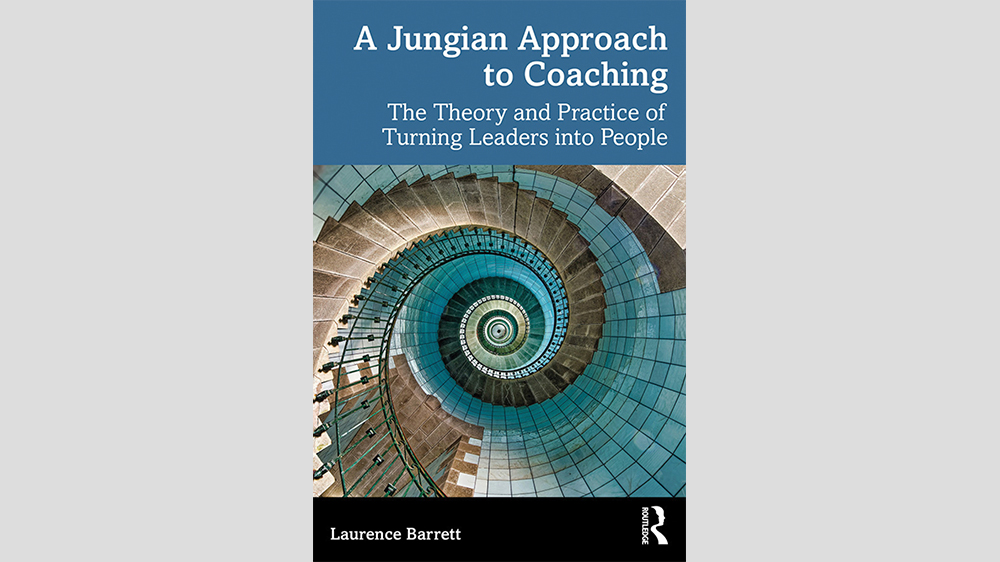
31 May 2023
We recently read A Jungian Approach to Coaching by Laurence Barrett, in the EMCC UK Conversations with Authors series. Sally Twisleton writes below with her thoughts and responses to the book.
A Jungian Approach to Coaching provides an accessible introduction to the psychology of Jung and explores his concepts and theories through the lens of coaching. For a small book it covers a lot of ground, exploring both conceptual and practical topics. I would recommend it to a coaching practitioner as it offers a new frame to explore their practice; or to someone studying coaching as it provides perspectives on a number of important areas, such as leadership, organisational dynamics, group coaching, coaching v therapy, and online coaching, among many others.
I didn’t really know much about Jung and his work, but was drawn to the book by its subtitle, ‘turning leaders into people’. Some of the concepts in the book are big and complex, but Barrett explains them well and then makes helpful reflections on what this might mean for coaching practice. Without even a mention of a coaching ‘tool or framework’, the book is a really refreshing focus on human to human interaction.
I felt a lot of resonance with some of Barrett’s reflections on leadership and the dynamics in organisations. The book gave me new frames of reference and new ways of thinking about my experience, and the experience of others I work with, in both my corporate job and coaching work.
For me, as a practitioner more familiar with Gestalt, the book reinforced some elements of my practice, but also helped me think about how I might explore working more with symbols. It also encouraged me to continue to develop my noticing, and to let go of the anxiety of ‘doing’ coaching. Thinking of the self as an instrument, it encouraged my enthusiasm to keep myself calibrated. It has also made me think about exploring some Jungian coaching myself, to enhance my self discovery, and ultimately my practice.
As a pragmatist, I was really interested in the case studies and examples included in the book, to understand how Barrett had approached various scenarios and the results which occurred. I would have liked more of this – perhaps a companion book could follow?
A Jungian Approach to Coaching was helpful to read in a concentrated period, but I will come back to it to reflect on specific topics. It encourages us to avoid separating leadership from the person, and the personal dynamics that underlie us all. This is an incredibly valuable and important thought which can easily get lost in the study and practice of leadership and coaching.